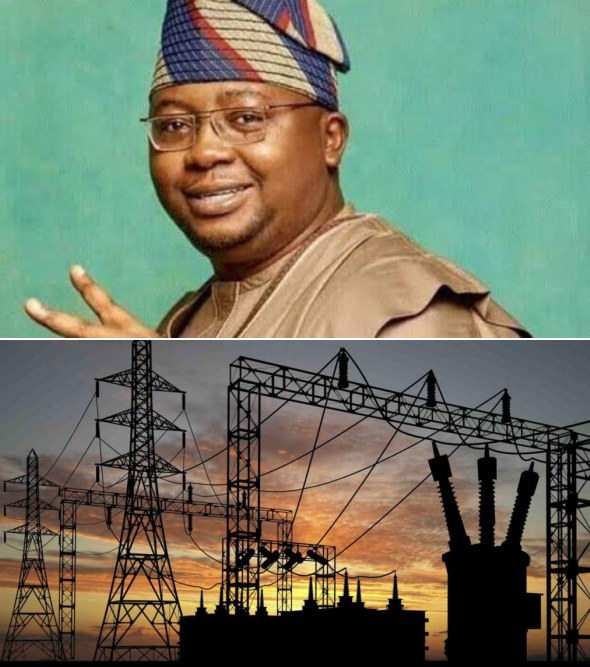
Apex bank, The World Bank, shared this insight in its recently published Poverty and Equity Brief for April 2025.
The World Bank has recently reported that 39.4% of Nigerians lack access to electricity. The numbers are in the face of claims by the country’s Minister of Power, Adebayo Adelabu, that 150 million Nigerians benefit from decent electricity.
Adelabu made the claim during a ministerial briefing hosted by the Ministry of Information and National Orientation in April.
During a SaharaReporters interview, the Press aide to the Minister, Bolaji Tunji, clarified the claim in the face of strong condemnation by the Nigerian people, including the Nigeria Labour Congress (NLC).
“There is nothing wrong with the Minister’s statement. We know that we are about 230 million persons in Nigeria.
- Governance in Nigeria is Now a Crime Scene; Let’s Dismantle this Criminality — Says Peter Obi
- Police Detain Two Nigerian Air Force Personnel, Others For Torturing Kaduna Petrol Seller To Death
- “VeryDarkMan was invited several times to respond to allegations, but he failed to honour the invitations” — EFCC Confirms Arrest of VDM, Gives Reasons why He is Kept in Custody, Grants Administrative Bail
- JAMB 2025 UTME: Over 1.5 Million Candidates Score Below 200 out 1.9 Million Registered Candidates
- 150 million Nigerians out of 230 million Have Access to Decent Electricity Supply, We are Trying — Minister of Power
- I Still Stand With Peter Obi for 2027 Presidency as far as he Doesn’t Join Forces with People My Conscience Cannot Support — Dele Farotimi
“However, while electricity can be unreliable in terms of availability, there is access for 150 million people—even if the electricity may not be available to the extent to which they want it, they are connected,” he said.
“However, we are working to make things better and provide better electricity while working to ensure that those not connected are connected too,” he added.
The NLC described the Minister’s statement—that 150 million Nigerians have access to “adequate electricity” with a power generation of 5,500MW—as a blatant insult to Nigerians’ intelligence and lived realities.
For the Minister to suggest that over 150 million Nigerians have access to reliable power in a country that struggles to generate a meagre and inconsistent 5,000 megawatts — far below the global benchmark of 1,000MW per one million people — is to insult the intelligence and lived realities of Nigerians,” the Congress stated in its response.
NLC, in a statement, stated that based on international benchmarks, Nigeria should be generating no less than 150,000MW to guarantee steady electricity to its citizens—far above the 5,500MW the country can produce, which is still unreliable and unsteady.
The NLC also questioned the Minister’s claims, asking where the power plants that can achieve such output are and whether the transmission infrastructure needed has been improved to accommodate such a high level of supply.
Nigerians have complained for years about poor electricity access, with poor infrastructure and corruption being accused of causing the constant power outages in various regions of the country.











